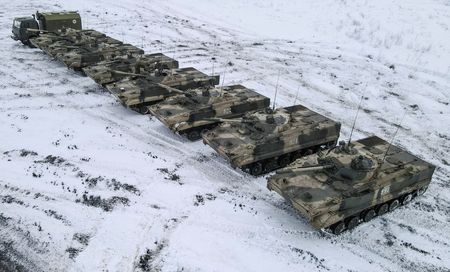
Warmongering in Europe : The NATO-Russia Standoff Over Ukraine
 Sun, 30 Jan 2022
| Reading Time: 6 minutes
Sun, 30 Jan 2022
| Reading Time: 6 minutes

Just recently Russia tried a good but very old method of psychological warfare. It widely publicised how many quarts of human blood of different types was being sent to the ‘war front’ as mass casualties could be expected if it were to decide to invade Ukraine. It was a loud message that Russia was preparing for war if the redlines it had established were breached by NATO.
Ever since 2014, when Russia decided enough was enough with respect to NATO’s unrelenting offensive in getting former Soviet republics and Warsaw Pact states into its fold, it has wreaked one of the most potent hybrid wars against Ukraine and in many ways against NATO. But now Russia under its mercurial leader Vladmir Putin is ratcheting up the pressure on the Western military alliance to step back further or face war.
It’s well known that conventional war as a means to resolve differences is passe and the evolving situation in Europe is unlikely to prove this current adage wrong. Where will this potentially catastrophic situation head? A brief backgrounder may be useful.
One thing even the most mature nations are never good at, is an understanding on how far they should go in punishing a defeated adversary after a strategic victory. Recall the Treaty of Versailles, 1919 and how the Allies targeted and treated Germany, leading to the rebirth of German Nationalism and the rise of Hitler. This is exactly what happened in 1989 when the Cold War ended and the Soviet Union started to fall apart. The process was yet peaceful and not as tumultuous as it could have been.
The recalibration and restructuring of Warsaw Pact were a necessity as was the reorganisation of the 15 republics of the former Soviet Union (FSU). NATO feared a future potential return of a resurgent Russia and wished to pre-empt that by absorbing as many of these states into NATO as was possible. At least ten former republics and East European nations joined NATO.
Russia was in no position to prevent this as its overall influence and economy had considerably diluted although it continued to be on most international high tables. It was when Ukraine expressed willingness to join the EU in 2014 and its leader Viktor Yanukovych attempted to resist the popular demand that things went southwards.
By then Russia had recovered some of its power; it was a major energy provider for Europe and its defence industry had bounced back strongly. It had quelled all similar efforts by Georgia, another of its former republics, in 2008.
In 2022, as a strong leader at the helm, President Putin now in power for two decades realises that Russia may not regain its former superpower status but yet can no longer be treated as a second-rate power by NATO. Russia’s military capability can be a huge spoiler for NATO and thereby for Europe. Putin perceives the need to push back against the efforts from the West to box in, cultivate and influence Russia’s ‘near abroad’ region. He also believes in using or threatening to use military power as part of the push back to achieve the desired dividend.
From 2014 onwards Russia ensured that Ukraine remained on tenterhooks as Crimea was progressively annexed. If Russia was divested of Sevastopol, the strategic Crimean port city, Russia’s Black Sea Fleet would have been dysfunctional thus neutralising its power projection to the Mediterranean. Securing the Crimean Peninsula and the port of Sevastopol was almost mandatory if Russia wanted its remaining and future power to survive.
As per the Carnegie Endowment for International Peace – “Moscow sees the Black Sea region as vital to its geo-economic strategy: to project Russian power and influence in the Mediterranean, protect its economic and trade links with key European markets, and make southern Europe more dependent on Russian oil and gas”. If it had not done this in 2014, NATO could well have attempted to get Ukraine to block Russian access to Sevastopol. Russia does not want a repeat of any of that and it extended its hybrid war into actively supporting separatism in Ukraine’s ethnic Russian quarter. This conveyed its intent quite clearly, that Ukraine would be the proverbial red line for NATO’s eastward march. Assaults on Ukraine’s politics, military, economy, social fabric, and information space have kept the hybrid game alive. Russia formally annexed Crimea on 18 March 2014, incorporating the Republic of Crimea and the federal city of Sevastopol as the 84th and 85th federal subjects of Russia.
So why has Putin decided to undertake coercion of Ukraine now again in early 2022 after placing 120,000 troops and over 1200 tanks on the latter’s northern and eastern borders, including those with Belarus? Why is he threatening a far more comprehensive invasion of Ukraine than the annexation of Crimea and the intervention in the Donbas in 2014? Putin is simply perturbed with the progressively evolving European order which is severely undermining Russian power and the repeated refusal by NATO to adhere to Russia’s requests to abjure efforts to expand NATO eastwards. There could be other reasons too.
NATO has never been weaker in leadership and one of its European mainstays Germany, has a new and unsettled leadership too. An emerging post pandemic new world order, likely one term President in the US, a not so popular Prime Minister in post Brexit UK, the US desire to rebalance with focus towards the Indo Pacific, and largely weakened economies in the post pandemic times, all make for a situation in which Russian threats may be perceived to be more serious. Putin’s aim appears clear; reversing the consequences of the Soviet collapse, splitting NATO and renegotiating the geostrategic settlement that ended the Cold War. It entails defending incumbent authoritarian regimes and undermining democracies.
NATO is obviously not blinking but if war were to follow it may not have the will nor capability to mobilise in time, although a fair strength remains deployed at all times. What one needs to recall is that the NATO warfighting doctrine of the Cold War days dwelt more upon nuclear deterrence and less on a ‘boots on ground’ type response. Can Russia pursue a warfighting strategy to achieve its aims?
The Former Soviet Union thrice demonstrated a will to cross the Rubicon; against Hungary in 1956, against Czechoslovakia in 1968 and against Afghanistan in 1979. The fact that the Chinese are backing Russia should be a reason for international concern and something which may see Russian confidence increase. There is speculation that China may invade Taiwan in sync with Russia moving into Ukraine, to split the US and the West’s response and ability to handle the crisis which will be bigger than any event that we witnessed in the 20th and 21st Century.
Russia is also equipping its ally Belarus with missile systems and has moved more ships into the Black Sea. A war will be catastrophic especially if it assumes all out proportions with resort to hypersonic weapons, shooting down of satellites and extreme cyber war. The effects of all this could hardly be localised.
NATO nations have warned of ‘severe consequences’ for Russia and Putin but it is also known that many of the new entrants into NATO may not be willing to back action against Russia, proactive or responsive. Russia’s intent would thus be already met half way. NATO’s European nations have to remember their energy needs too. Russia typically supplies about a third of Europe’s gas needs. Because British and European gas markets are connected, any disruption in Europe has a knock-on effect on supplies and prices in UK. Some smaller countries in Europe rely exclusively on Russian gas, namely North Macedonia, Bosnia and Herzegovina and Moldova. Dependence also exceeded 90 percent of gas supply in Serbia, Finland and Latvia. Russia needs this money too; it is not a one way traffic of strategic need.
If war comes to Europe in its older and more conventional forms, we can expect thousands of refugees, paling the Syrian or the North African crises, heavy casualties, a fractured Ukraine and a very unstable continent. But will NATO relent and curb its efforts to gain new entrants that irk and perturb Russia. There is nothing absolutist in the NATO intent or strategy and the same can be slowed down and calibrated to assuage Russian sentiments without loss of face.
What the world must be careful about is egging by external interest groups, prime among them being the Chinese. No one benefits from such a potential war than China. It will make the Russians dependent on it and will delay all grandiose US plans to rebalance to contain China in the Indo Pacific. In fact, NATO should actually help the Russians to take the right decision; and the right decision is – No War, while it may also mean No Peace. That is something we in India are quite used to.
What’s for India, in all this? The problem is choice; who will we support in an extended standoff if it continues. In 2014 the Russians thanked India although all India did was to keep silent. However, the US and NATO may wish for definitive Indian support for their stance. Silence in such circumstances is a difficult proposition and an urging towards peace and ways to find it would be a better Indian policy. In fact, going a step beyond and offering its good offices for an impartial diplomatic initiative to stabilise the situation could be far better.
India has that capability to play peacemaker on the larger diplomatic canvas and this is as good an opportunity as ever to undertake that initiative. What India definitely does not want is to lose traction of the progressively cementing Indo-US strategic partnership. Neither does it wish to see Russia far closer to China. The latter could well embolden China to continue with its coercive strategy against India at the northern borders.
In all probability the crisis will blow over but not before Putin and Russia have favourably established for themselves a perception that Russian interests can no longer be ignored and that for all its seeming weaknesses Russia remains a prime player in the strategic matrix of the world.
**************
Disclaimer
The opinions expressed in this article are the author’s own and do not reflect the views of Chanakya Forum. All information provided in this article including timeliness, completeness, accuracy, suitability or validity of information referenced therein, is the sole responsibility of the author. www.chanakyaforum.com does not assume any responsibility for the same.
Chanakya Forum is now on . Click here to join our channel (@ChanakyaForum) and stay updated with the latest headlines and articles.
Important
We work round the clock to bring you the finest articles and updates from around the world. There is a team that works tirelessly to ensure that you have a seamless reading experience. But all this costs money. Please support us so that we keep doing what we do best. Happy Reading
Support Us





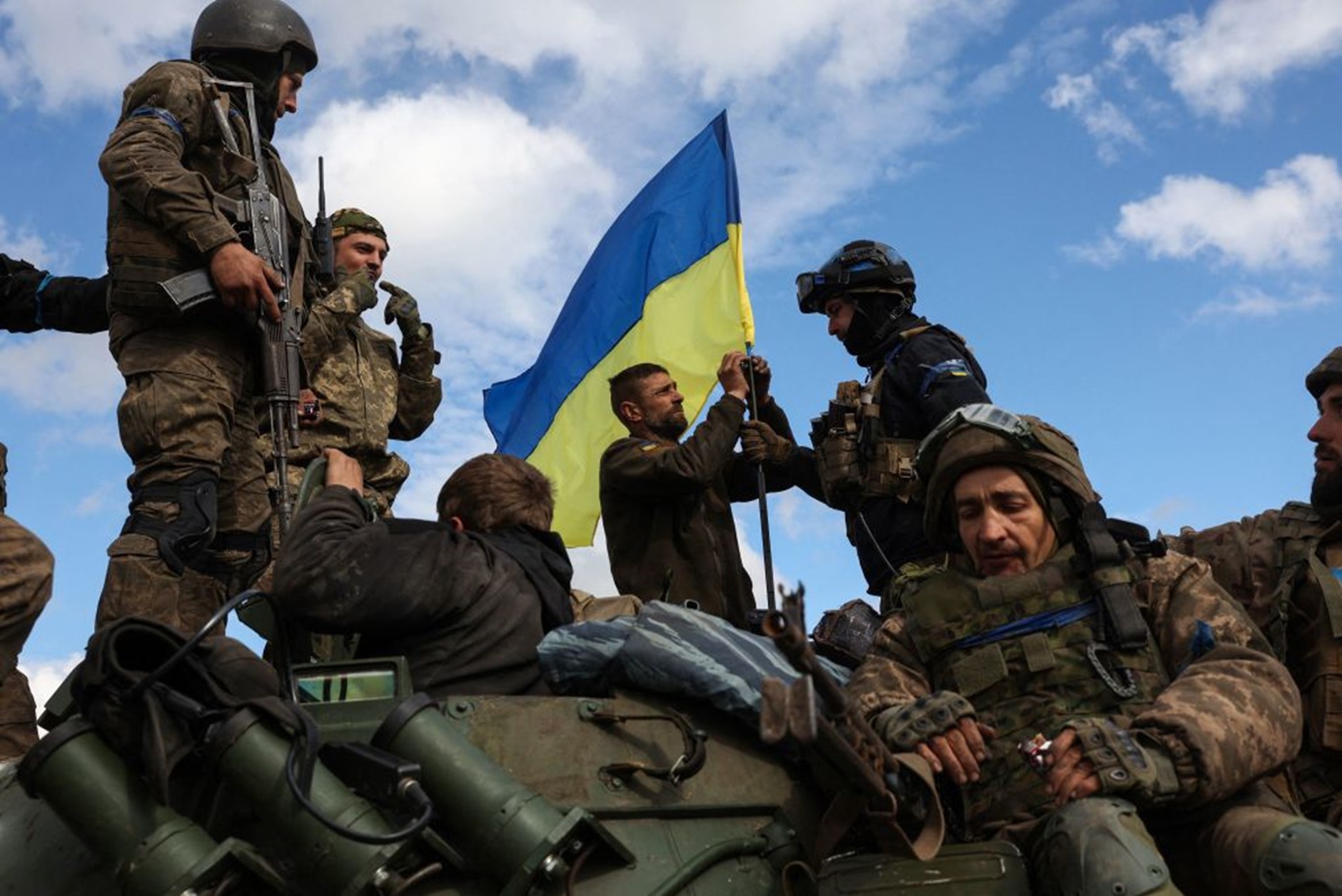
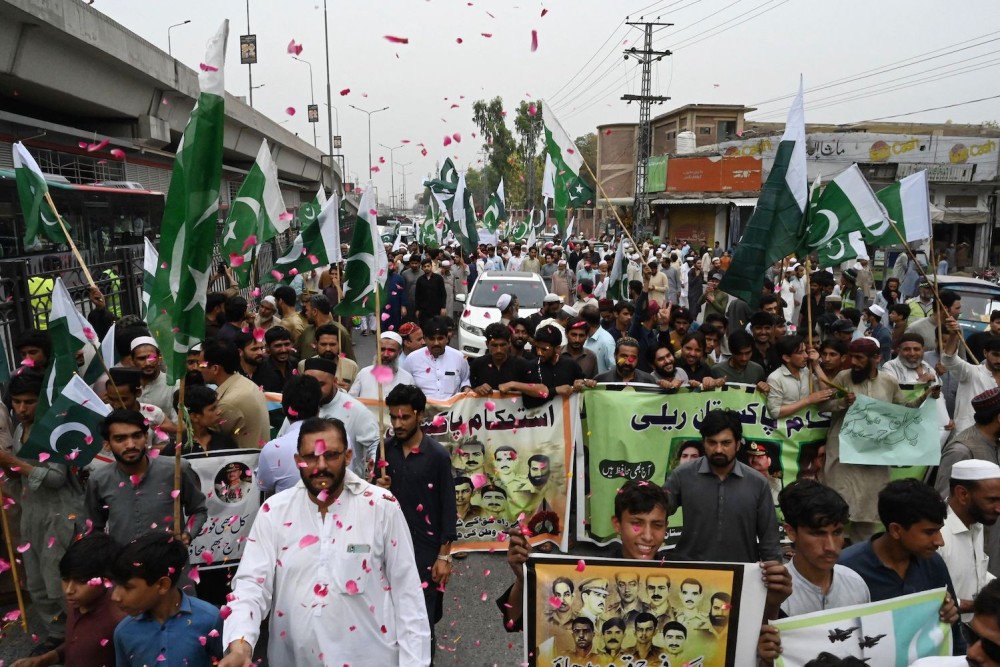
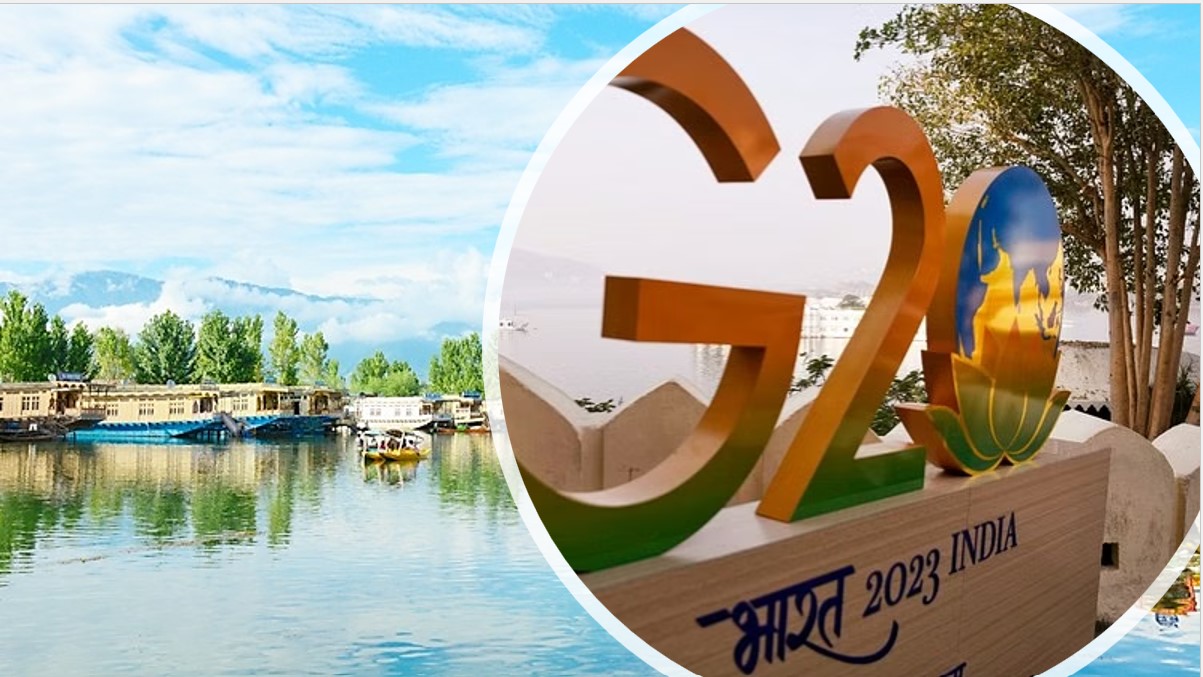
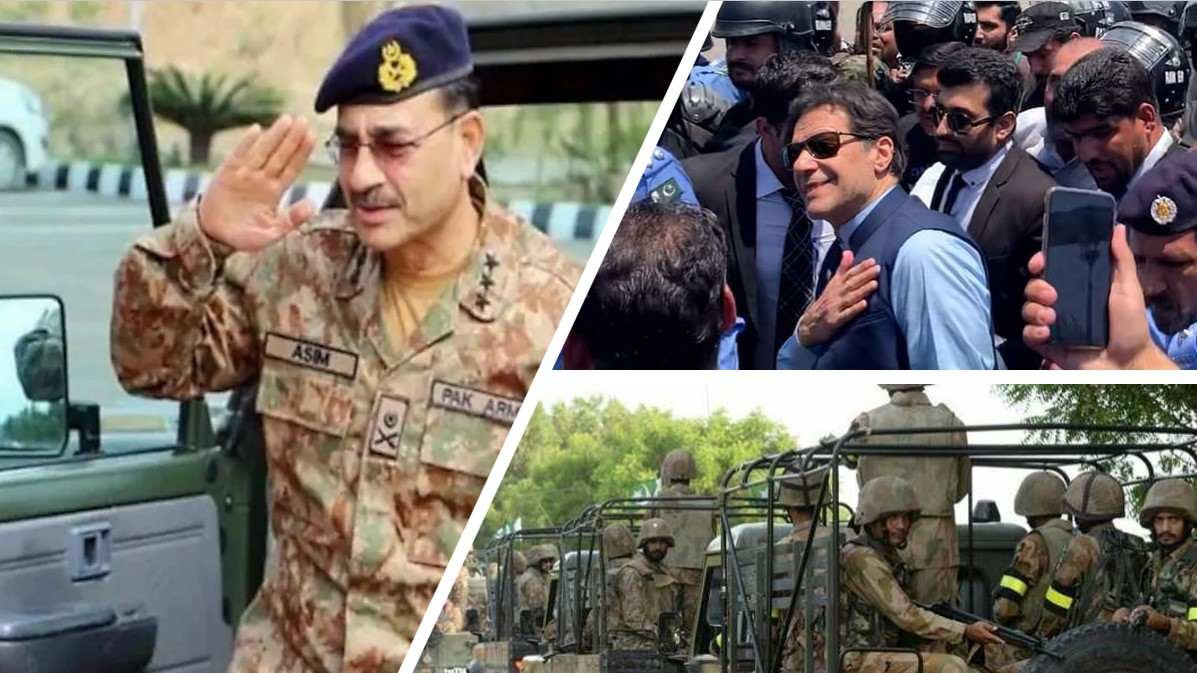
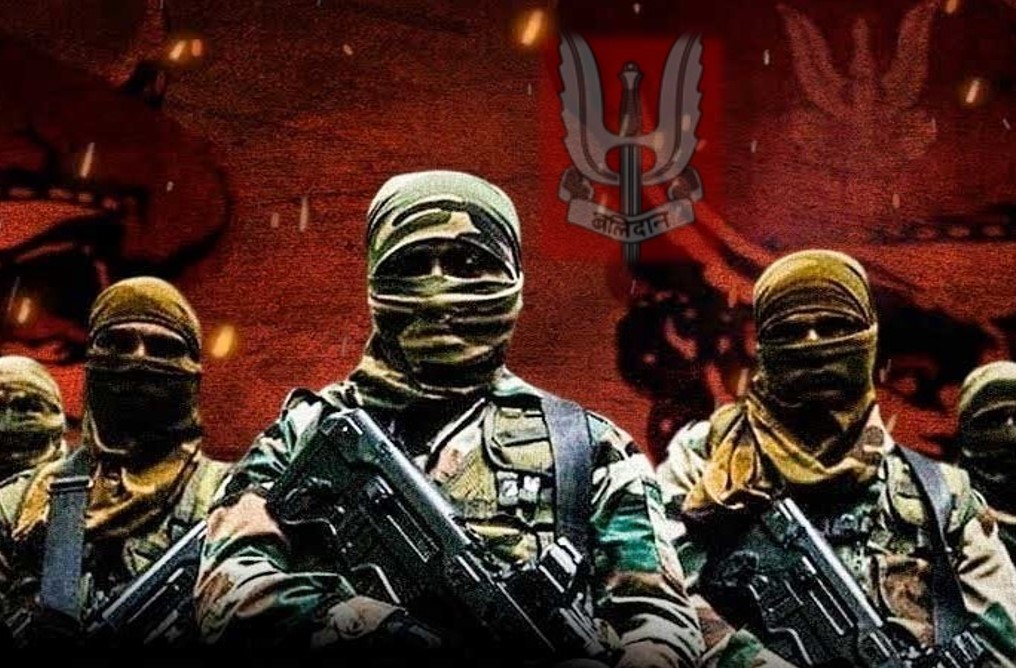
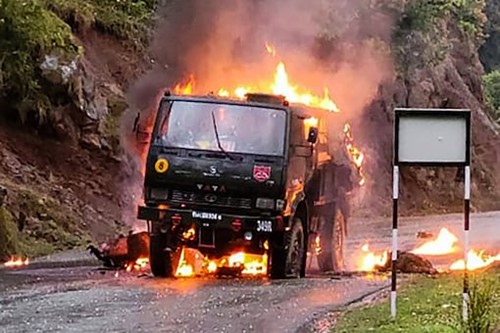
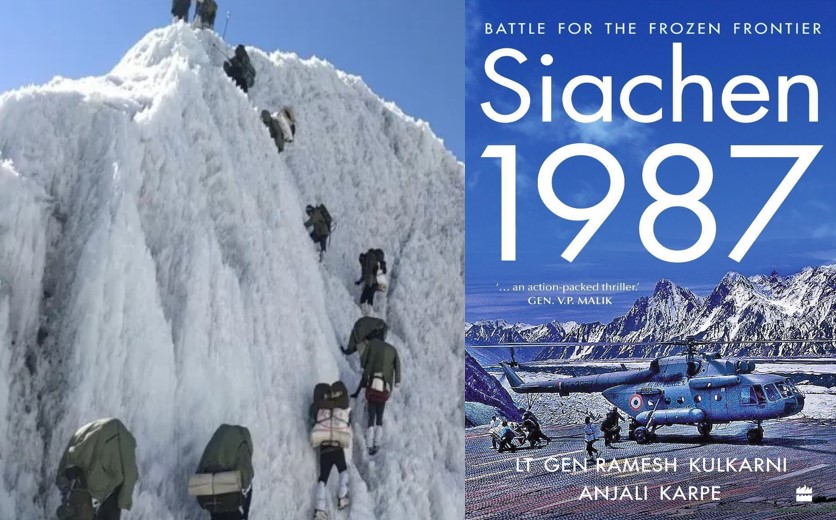
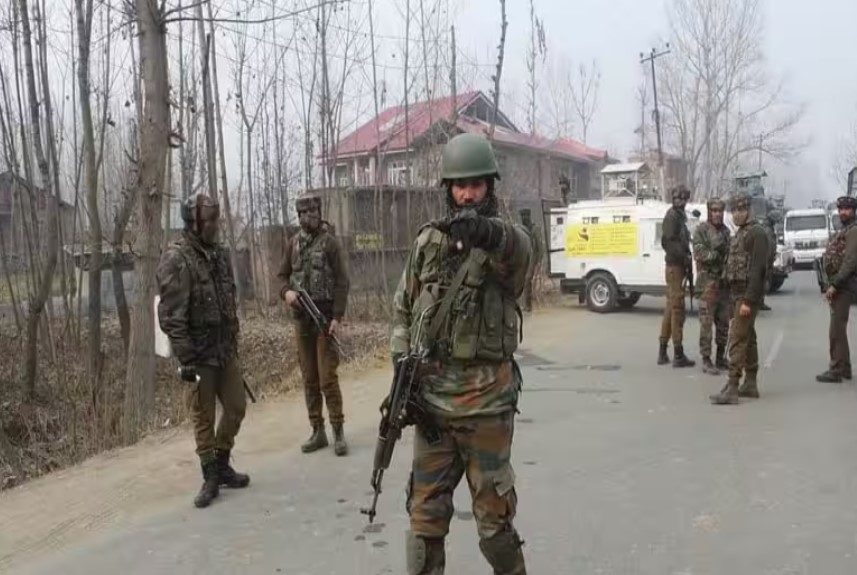
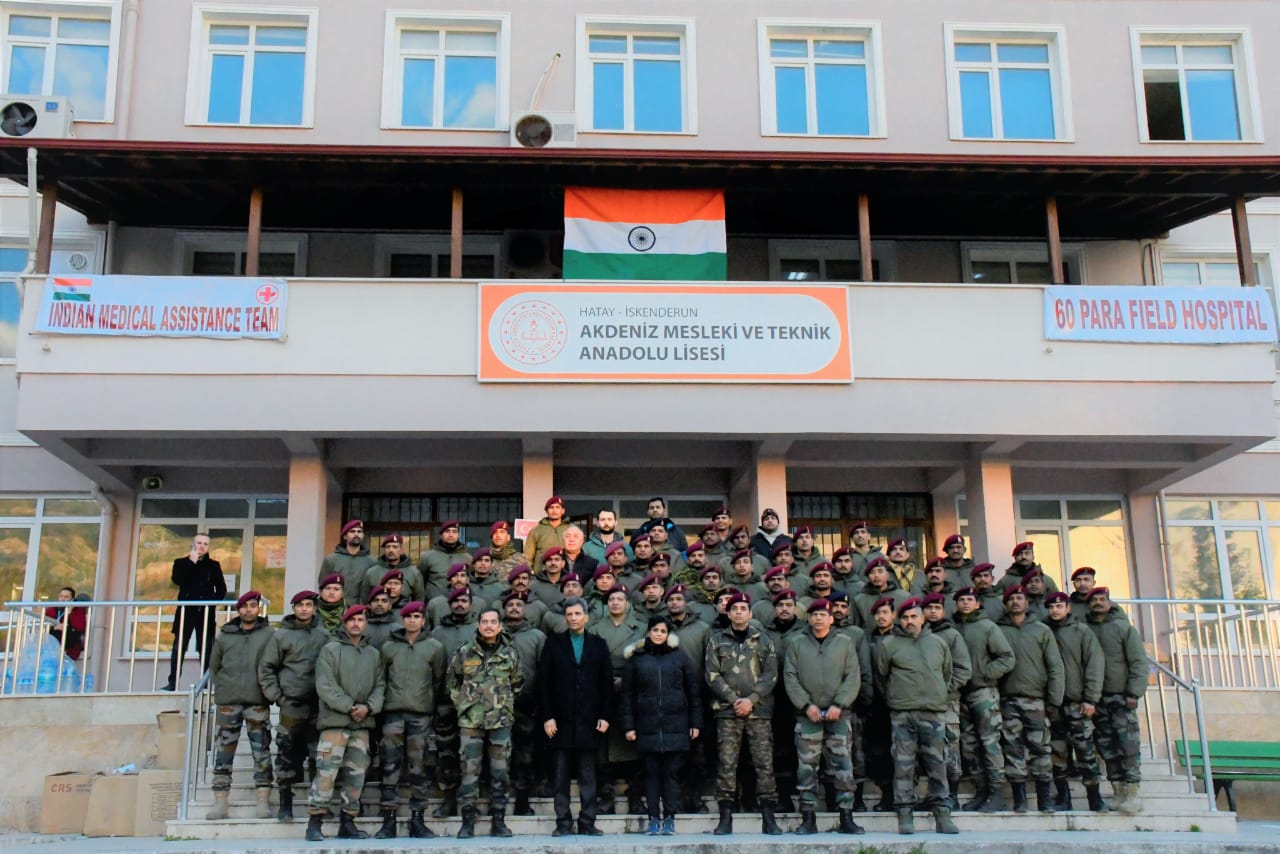
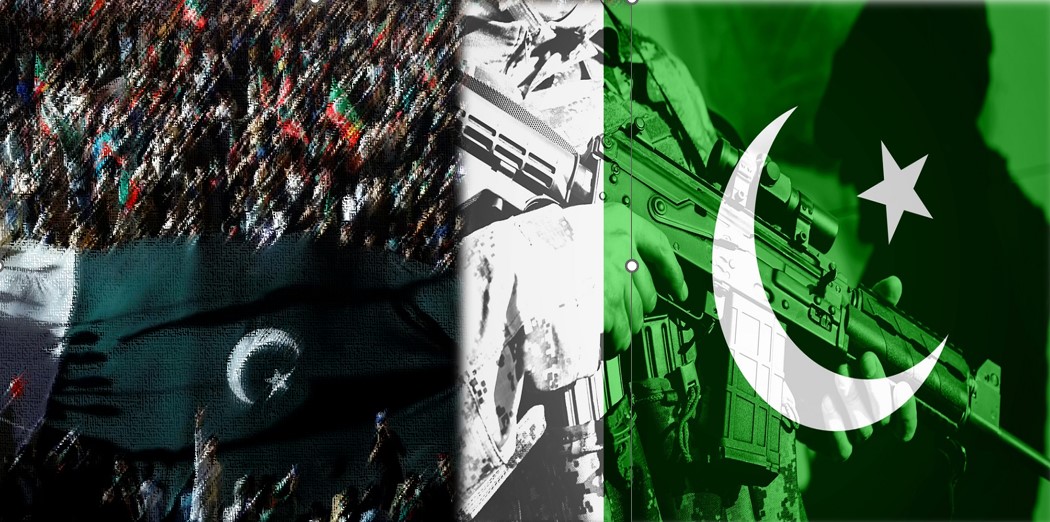






POST COMMENTS (0)